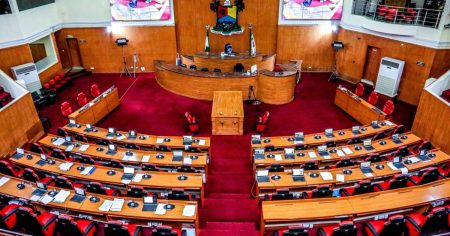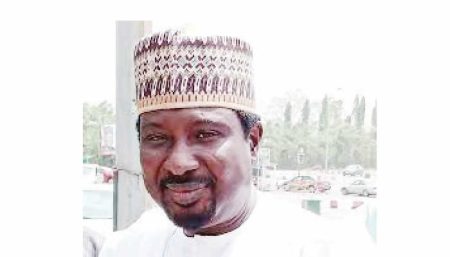The Nigerian pension landscape has received a significant boost with the Federal Executive Council’s approval of a N758 billion bond aimed at addressing long-standing pension liabilities under the Contributory Pension Scheme (CPS). This landmark decision, announced by the National Pension Commission (PenCom), promises to bring relief to various categories of pensioners, particularly university professors and low-income earners, while simultaneously bolstering confidence in the nation’s pension system. The bond issuance, to be managed by the Debt Management Office (DMO), represents a substantial commitment by the Federal Government to rectify historical pension shortfalls and strengthen the financial security of Nigerian retirees.
The allocation of these funds will address several critical issues that have plagued the pension system for years. Firstly, it resolves the protracted problem of inadequate pension payments to university professors, ensuring they receive their full entitled salaries as pensions, a matter that has remained unresolved since 2017. This rectification not only acknowledges the valuable contributions of these academics but also upholds the principle of fair compensation for their years of service. Secondly, the bond provides the first-ever funding for the Pension Protection Fund (PPF), a crucial safety net designed to supplement the pensions of low-income earners. Established in 2014, the PPF had remained unfunded, leaving vulnerable retirees without the intended financial support. This injection of funds will finally activate the PPF, providing much-needed security for those most in need.
Furthermore, the N758 billion bond will clear all outstanding pension increases accumulated since 2007, effectively eliminating a decade-long backlog that has burdened retirees and eroded their purchasing power. This comprehensive approach to addressing past liabilities demonstrates a commitment to restoring the financial well-being of pensioners and ensuring their pensions keep pace with the rising cost of living. The combined impact of these measures signifies a substantial step towards a more robust and equitable pension system in Nigeria.
PenCom’s Director-General, Ms. Omolola Oloworaran, lauded President Bola Tinubu’s decisive action in resolving these critical pension issues, emphasizing the positive impact on retirees’ dignity and the renewed trust it instills in the pension system. This intervention, she noted, goes beyond mere financial redress; it represents a recognition of the inherent value and contributions of retirees to the nation’s development. The President’s commitment to addressing these long-standing concerns signals a prioritization of social welfare and economic security for senior citizens.
The approval of the bond has been met with widespread approval and a sense of optimism within the pension industry. Stakeholders recognize the potential for these funds to significantly improve the lives of retirees and strengthen the overall pension system. PenCom has called for collaborative efforts to expedite the bond issuance process, ensuring that the funds reach beneficiaries as quickly as possible. This collaborative approach underscores the importance of collective responsibility in implementing this significant financial intervention.
Looking ahead, the successful issuance and disbursement of the N758 billion bond hold the promise of a more secure and dignified retirement for Nigerian pensioners. By addressing historical shortfalls and strengthening protective mechanisms like the PPF, this initiative paves the way for a more sustainable and equitable pension system. The government’s commitment to resolving these long-standing issues not only benefits retirees directly but also contributes to broader economic stability and social well-being. The positive ripple effects of this intervention are expected to be felt across the Nigerian economy, fostering greater confidence in the nation’s social security framework and promoting a more inclusive and secure future for all citizens.














